Past Chancellors
Past Chancellors
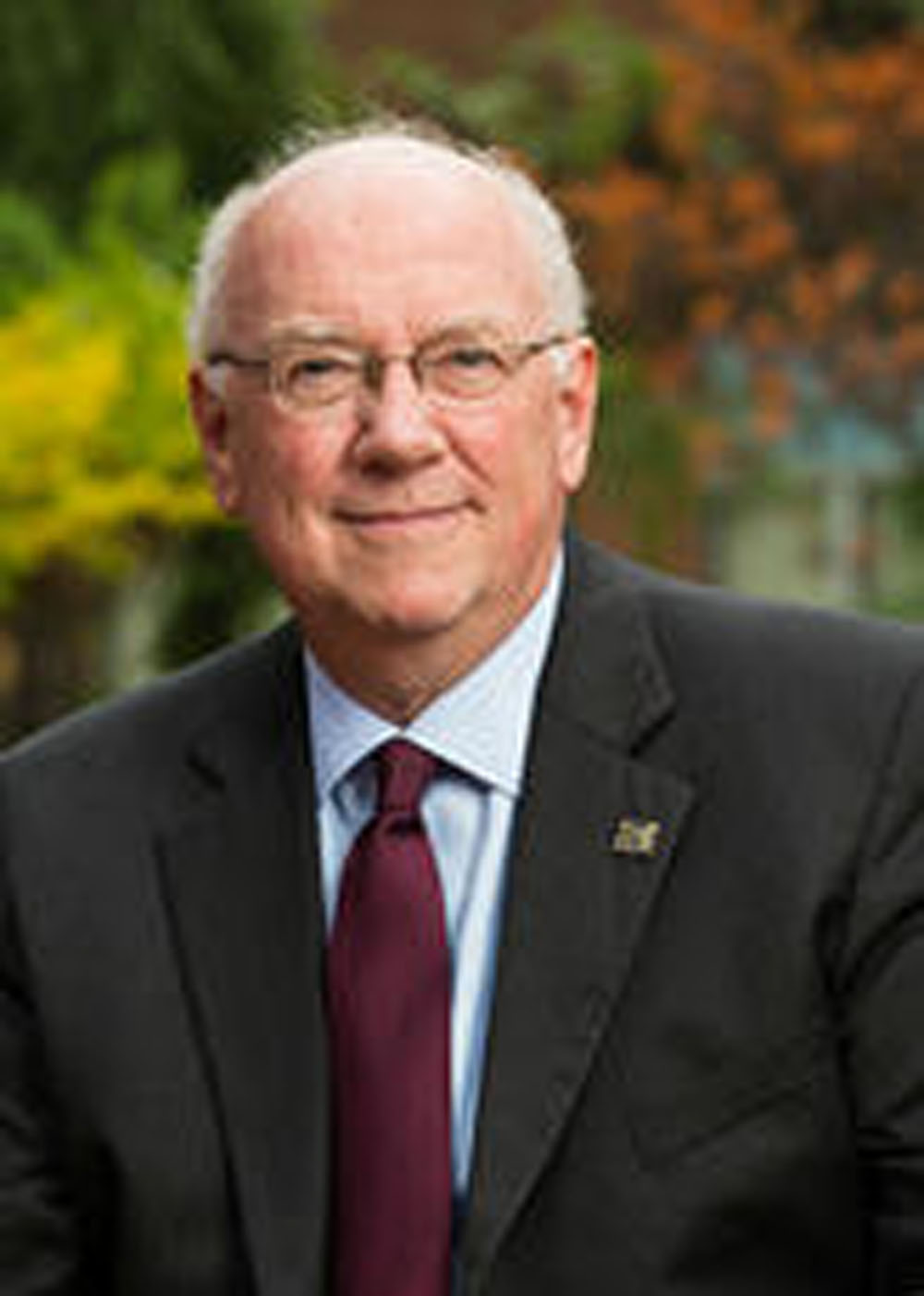
Daniel E. Little
Chancellor (July 2000 – July 2018)
1949-
Daniel Little was named the fifth chancellor of UM-Dearborn in July 2000. Prior to UM-Dearborn, he served as vice president for academic affairs at Bucknell University (1996-2000) and as associate dean of the faculty at Colgate University (1993-96). He served as professor of philosophy at Colgate and Bucknell, with teaching experience as well at Wellesley College and the University of Wisconsin-Parkside. He stepped down as chancellor on July 31, 2018, to return to the faculty to teach philosophy, sociology, and public policy on the Dearborn and Ann Arbor campuses.
Little received his A.B. in philosophy and B.S. in mathematics from the University of Illinois in 1971 and his Ph.D. in philosophy from Harvard University in 1977. Little published several books during his years at the University of Michigan-Dearborn, including The Paradox of Wealth and Poverty: Mapping the Ethical Dilemmas of Global Development (Westview, 2003), New Contributions to the Philosophy of History (Springer, 2010), The Future of Diversity, edited with Satya Mohanty (Palgrave, 2010), and New Directions in the Philosophy of Social Science (Rowman & Littlefield, 2016).
Little was the longest-serving chancellor at UM-Dearborn.
Under Little’s guidance, UM-Dearborn developed into a strong metropolitan university with a particular focus on metropolitan Detroit. Central priorities included deepening academic excellence, enhancing student engagement and success, strategically increasing enrollment and external funding, and creating a genuinely diverse and inclusive university environment. The metropolitan vision centered on achieving metropolitan impact by focusing university attention and expertise on addressing the opportunities and challenges of the region. Through its metropolitan engagement the university strives to educate students to recognize and appreciate differences across social and cultural boundaries.
Under his leadership, the university realized record enrollment (9,339 students in 2017-18), students of color increased over 71 percent, faculty increased 13 percent, seven doctoral programs were launched, and the university saw a 166 percent increase in research money awarded.
During Little’s tenure the campus experienced significant building growth. The first student housing option in 25 years opened in 2013. The Union at Dearborn is a public-private development that opened with over 500 beds. An additional 99 beds were added the following year. Several key campus buildings underwent substantial renovations: University Center, Science Learning and Research Center and the Natural Sciences Building. The Fairlane Center was purchased in 2003, the Institute for Advanced Vehicle Systems was opened in 2006, and ground was broken for a new Engineering Laboratory Building in 2018.
Interesting fact about Daniel Little: Little was a champion for diversity and inclusion. UM-Dearborn was recognized for its work in diversity, inclusion and equity from New Detroit, The Urban League of Detroit & Southeast Michigan and the Western Wayne County NAACP Branch. Little has received the Trailblazer Award from the Western Wayne County NAACP Branch and Michigan Campus Compact’s inaugural John DiBiaggio Beacon Award for Presidential Leadership for his commitment to innovation, inclusion, engaged scholarship and community partnerships.
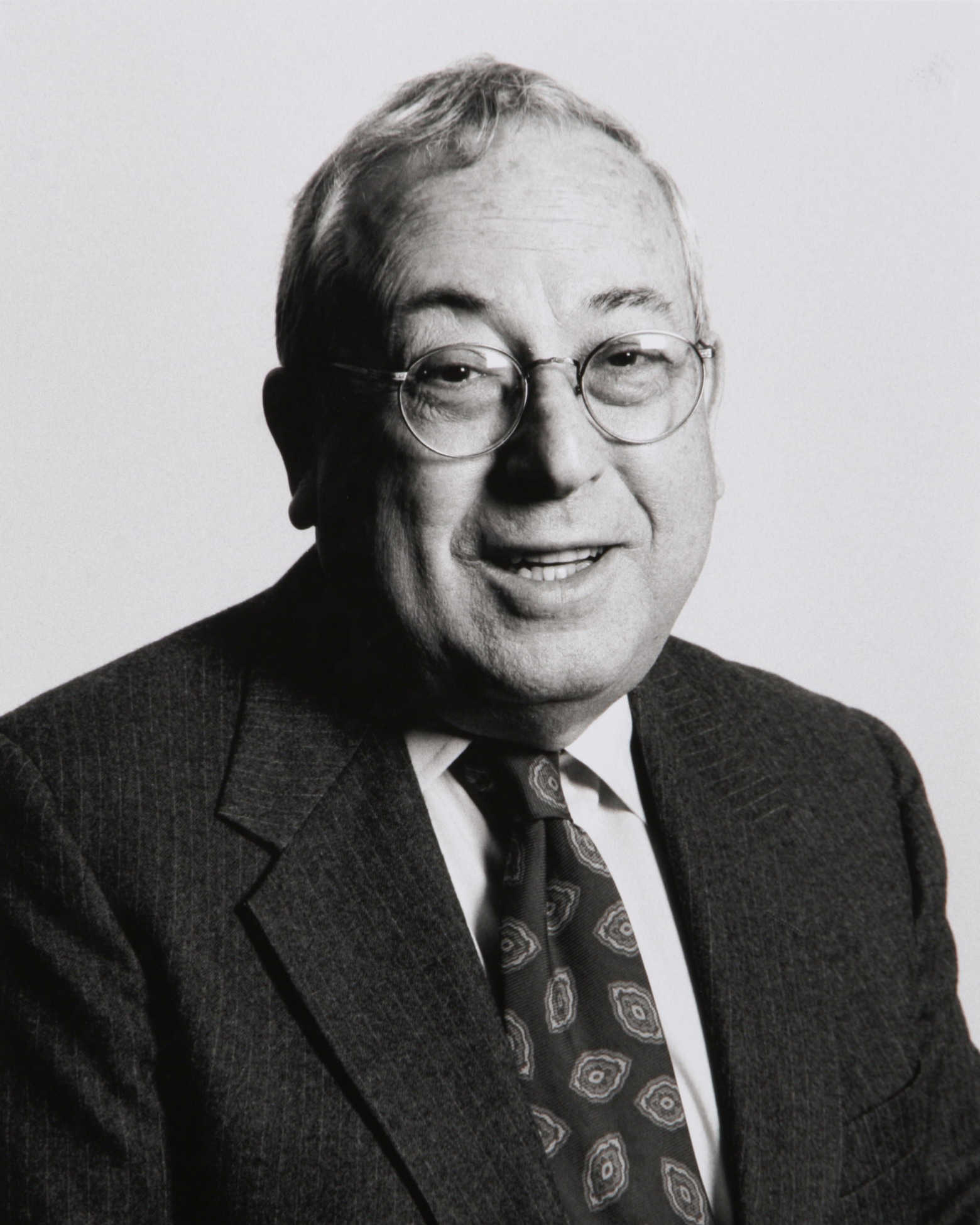
Bernard W. Klein
July 1979 – June 1980 (acting chancellor)
September – December 1992 (interim chancellor)
July 1999 – June 2000 (interim chancellor)
1929-2020
Bernard W. Klein served as interim chancellor or acting chancellor of UM-Dearborn three times. He directed the UM-Dearborn Center for Urban Studies from 1971-75 and is professor emeritus of political sciences and public administration. A recipient of the Distinguished Teaching Award from UM-Dearborn in 1990, he retired from active faculty status in 1993. Klein joined UM-Dearborn in 1971 as a professor of political science. Before coming to UM-Dearborn, he served as assistant director of workmen’s compensation in the state of Michigan. He also was the supervisor of the Lansing office of U-M’s Institute of Public Administration, controller of the city of Detroit under Mayor Jerome Cavanaugh (1967-70), visiting professor in the U-M School of Social Work and vice president of administration at Wayne County Community College. He took a leave of absence from 1980-1981 to serve as vice president for labor, urban and metropolitan studies and then interim provost at Wayne State University.
Klein holds a Bachelor of Arts degree from Brooklyn College, a Master of Arts degree from the University of Missouri and a Ph.D. from Michigan State University.
Interesting fact about Klein: He has served as a trusted adviser to governors, mayors, and legislators.
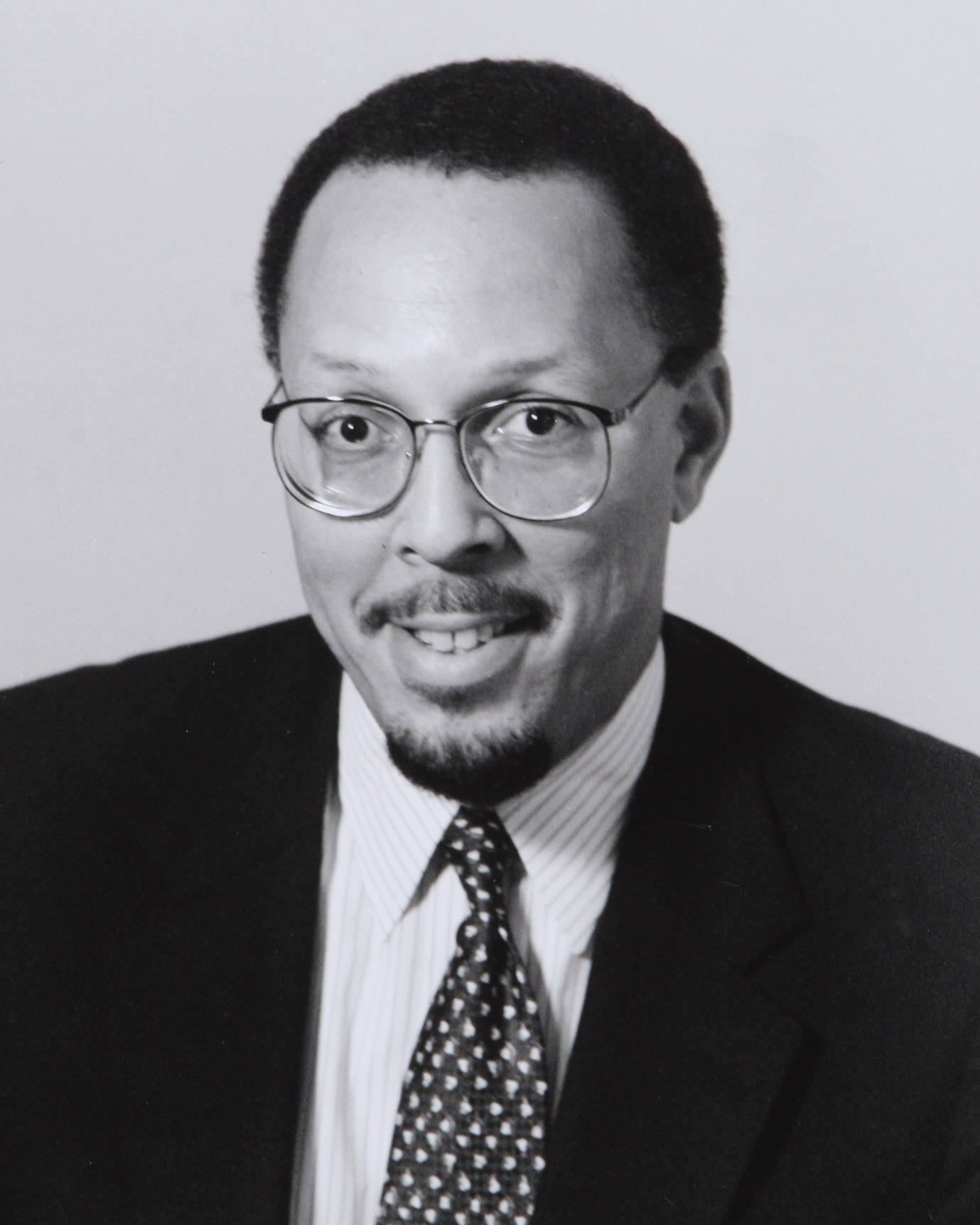
James C. Renick
Chancellor (January 1993 – July 1999)
1948-2021
James C. Renick was named the fourth chancellor of UM-Dearborn in January 1993. Prior to UM-Dearborn, he served as vice provost of George Mason University. Earlier posts included academic and administrative positions at University of West Florida and University of South Florida. He left UM-Dearborn in 1999 to become president of North Carolina A & T State University. He stayed at that position until 2006 and later served as vice president at the American Council on Education, senior adviser to the president and provost at Jackson State University.
Interesting fact about Renick: He emphasized the importance of making UM-Dearborn more fully an "interactive campus" with the community it serves, southeastern Michigan. He focused on four areas in order to further the mission of the university: (1) expand our capacity as a truly interactive university, responsive to educational, cultural, economic, intellectual issues and needs of the region; (2) build on our strong commitment to students; (3) solidify external support; and (4) expand the uses of information technology to enhance teaching and learning. Under his leadership, UM-Dearborn experienced several important developments: (1) a new mission statement was formulated; (2) a new set of campus bylaws provided for a Faculty Senate for the first time in the campus's history; and (3) funds were received from the state for the construction of four major new facilities for the School of Engineering, the School of Management, the Center for Corporate and Professional Development, and the College of Arts, Sciences, and Letters. The first three of these four buildings were completed between 1994 and 1997, and the fourth, the CASL Building, opened in the summer of 2001.
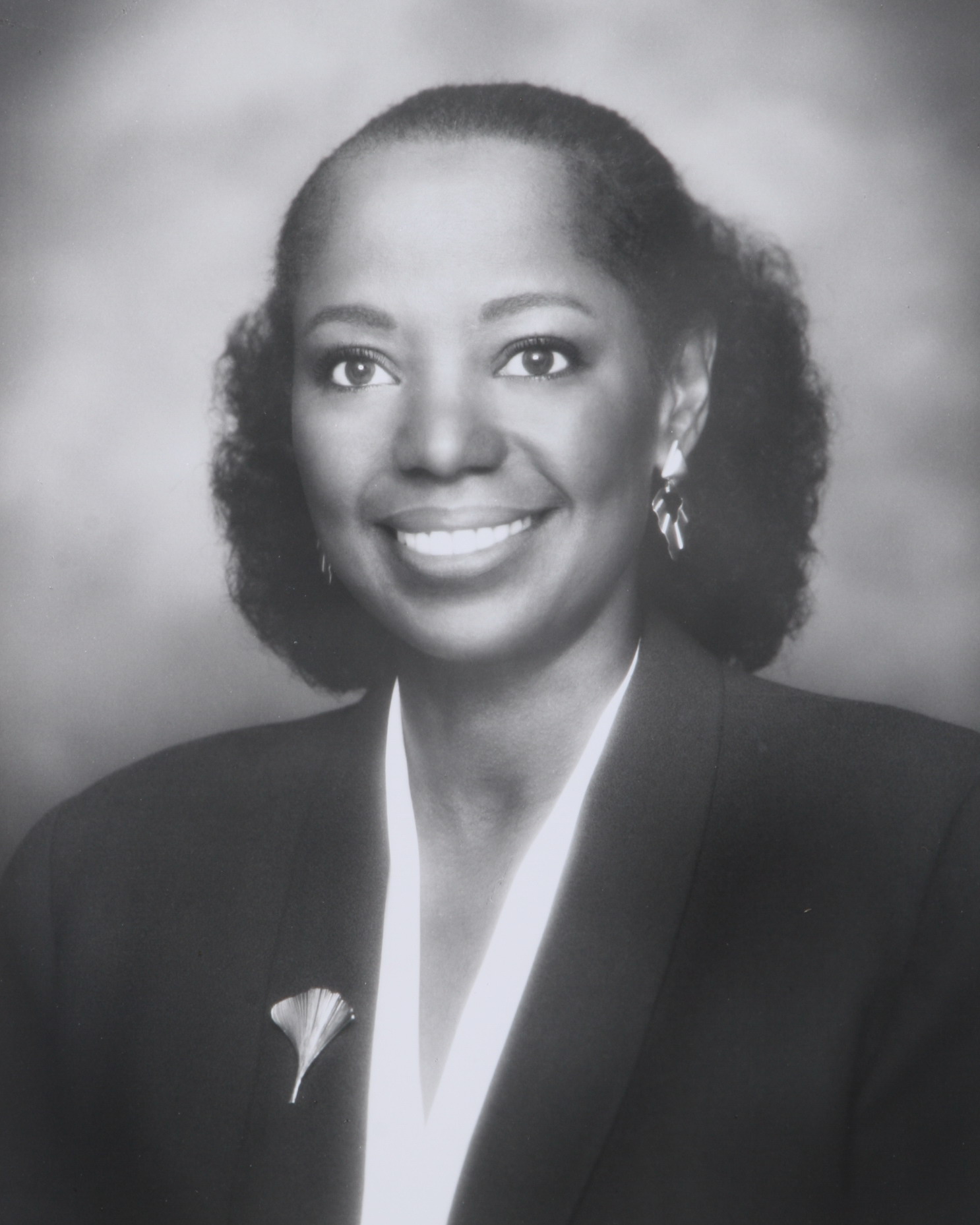
Blenda J. Wilson
Chancellor (July 1988 – August 1992)
1941-
Blenda J. Wilson became the first woman to head a public university in the state of Michigan when she was appointed the third chancellor at UM-Dearborn, as well as professor of public administration and education. Wilson began her academic career as an assistant to the provost at Rutgers University. She then moved to Harvard University, where she served as associate dean for administration, then as senior associate dean in the Graduate School of Education. She left academia for several years to serve as a vice president at Independent Sector in Washington D.C., then concurrent appointments in Colorado as executive director of the State Department of Higher Education and state cabinet officer, before moving to Michigan. Wilson left UM-Dearborn in 1992 to become President of California State University-Northridge (1992-1999), then served as president and chief executive officer of the Nellie Mae Education Foundation (1999-2006).
She earned a B.A. in English education from Cedar Crest College, an M.A. in education from Seton Hall University, and a Ph.D. in Higher Education Administration from Boston College.
Interesting fact about Wilson: As chancellor, Wilson was credited with providing extraordinary vision and energetic leadership. Under her leadership the Dearborn campus became an option for many inner-city youth and Arab Americans who might not have considered college a possibility. Minority enrollment was 5.7 percent when Wilson took office in 1988. By 1992, it had grown to 6.9 percent. The Detroit Free Press, May 21, 1992, noted that "students, faculty and alumni credit Wilson with making the Dearborn campus, which long had stood in the shadow of its Ann Arbor sister, more visible."
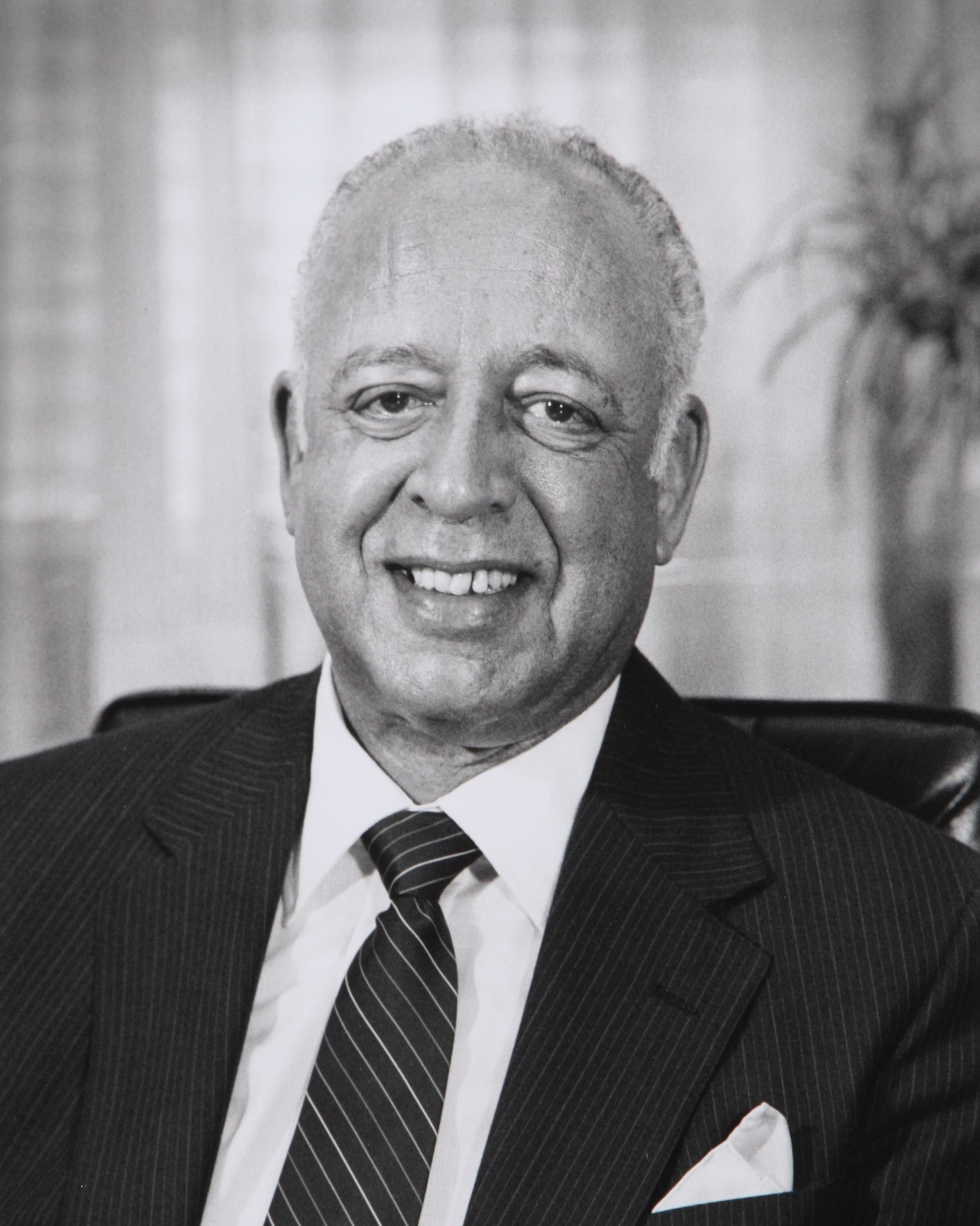
William A. Jenkins
Chancellor (July 1980 – June 1988)
1922-1998
William Jenkins began his academic career teaching English and education at University of Wisconsin-Milwaukee and rose to the positions of associate dean and acting dean of the university’s School of Education. He served in several other academic appointments at other universities before being named the second chancellor of the University of Michigan-Dearborn, effective July 1980.
Jenkins earned a Bachelor of Science degree in education from New York University and a Master of Science and Ph.D. from the University of Illinois. Jenkins retired from the University in 1988.
Interesting fact about Jenkins: He made many contributions to University of Michigan-Dearborn during his tenure as the second chancellor and first African-American to hold the position. The state of Michigan experienced an economic downturn during 1981-1982 that resulted in a substantial reduction in state funding to higher education. It was Jenkins’ unenviable duty to balance the budget in part by reducing expenses and raising tuition significantly. He also oversaw the long awaited opening of the new library in 1981, the celebration of UM-Dearborn’s 25th anniversary in 1984, the opening of the Manufacturing Systems Engineering Laboratory Building in 1988, and an increase in student population from 6,400 to 7,300.
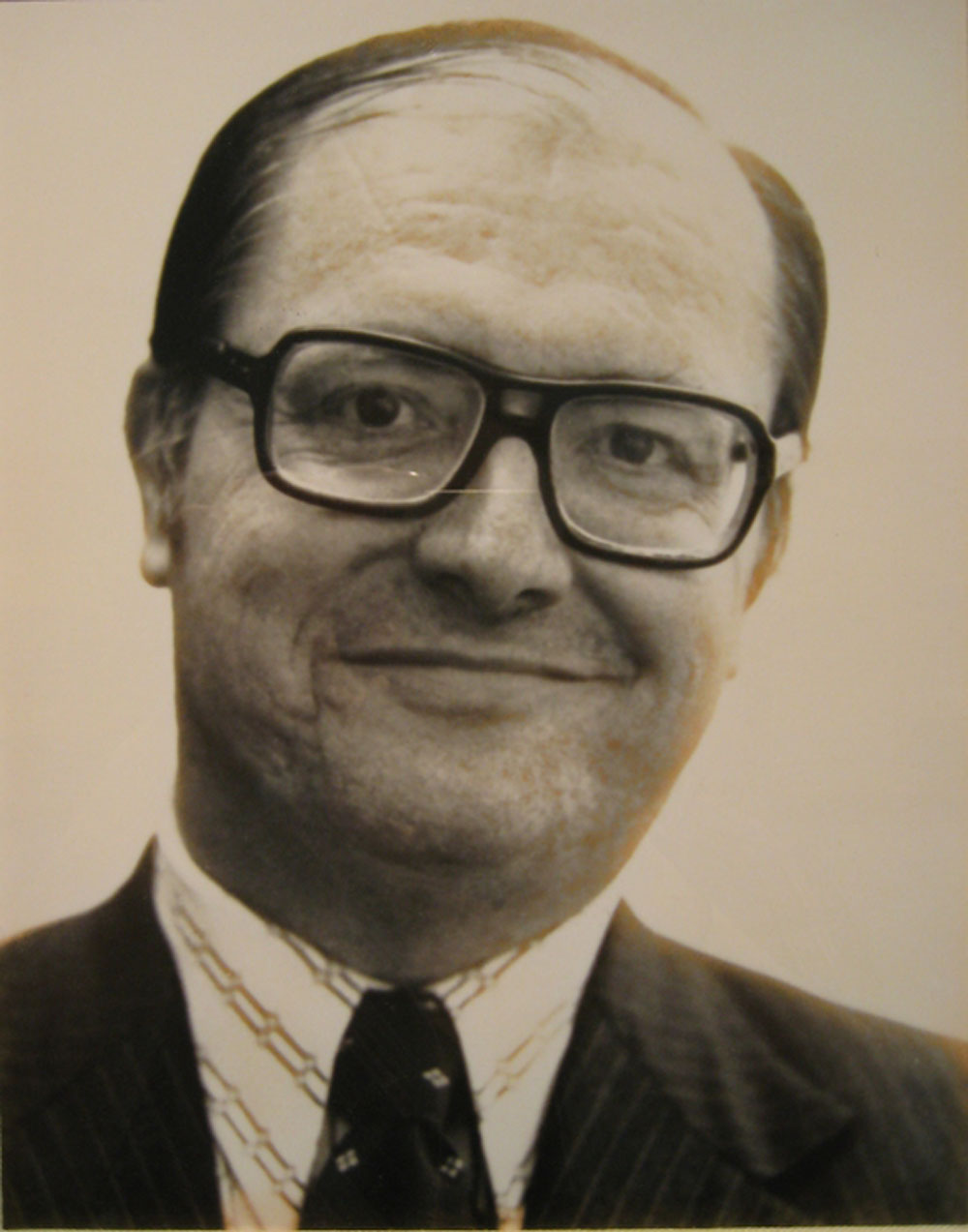
Leonard E. Goodall
Chancellor (August 1971 – June 1979)
1937-2012
Leonard E. “Pat” Goodall, was appointed the first chancellor of UM-Dearborn in August 1971. He previously served in faculty positions at Arizona State University and University of Illinois at Chicago Circle, where he also served as an associate dean and as vice chancellor. He left UM-Dearborn to become president of University of Nevada-Las Vegas (UNLV) in 1979. In 1984, Goodall returned to the faculty of public administration at UNLV, where he taught until his retirement in 2000.
Goodall earned a Bachelor of Arts degree from Central Missouri State University, a Master of Arts degree from University of Missouri, and a Ph.D. from the University of Illinois.
Interesting fact about Goodall: In 1971, UM-Dearborn grew rapidly from just under 1,000 students to more than 6,000 in 1979. During this period there was a scramble just to supply the courses and facilities needed to accommodate the soaring student population. New faculty were added at the rate of 10 to 20 per year, and the face of the campus changed, as a whole new set of buildings—the University Mall, the Fieldhouse, and the library—was planned and constructed to the south of the original four buildings on the north side of campus.
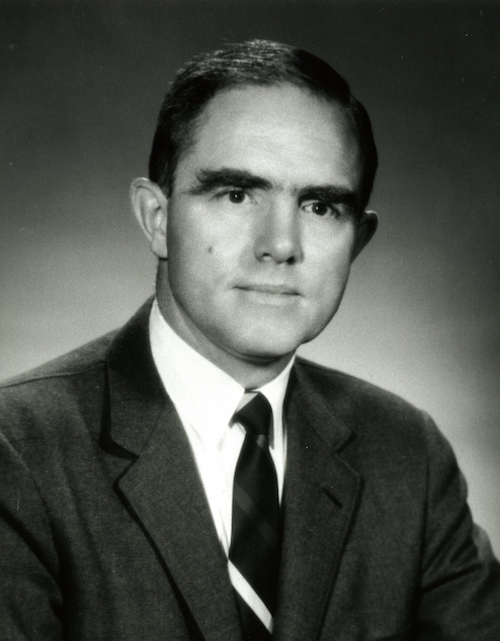
Norman Scott
Dean (September 1968 – July 1971)
1918-2018
Before becoming dean of the University of Michigan’s Dearborn Campus, effective September 1, 1968, Norman Scott served as associate dean of the University of Michigan College of Engineering in Ann Arbor. He earned bachelor’s and master’s degrees from the Massachusetts Institute of Technology, and a Ph.D. in electrical engineering from the University of Illinois, where he also served as an assistant professor prior to his appointment at U-M.
The name of the campus was officially changed to University of Michigan-Dearborn as of April 1971.
Interesting fact about Scott: Scott was passionate about engineering and logical design of electronic computers and arithmetic systems for computers. He was a member of the computer advisory group of the Atomic Energy Commission.
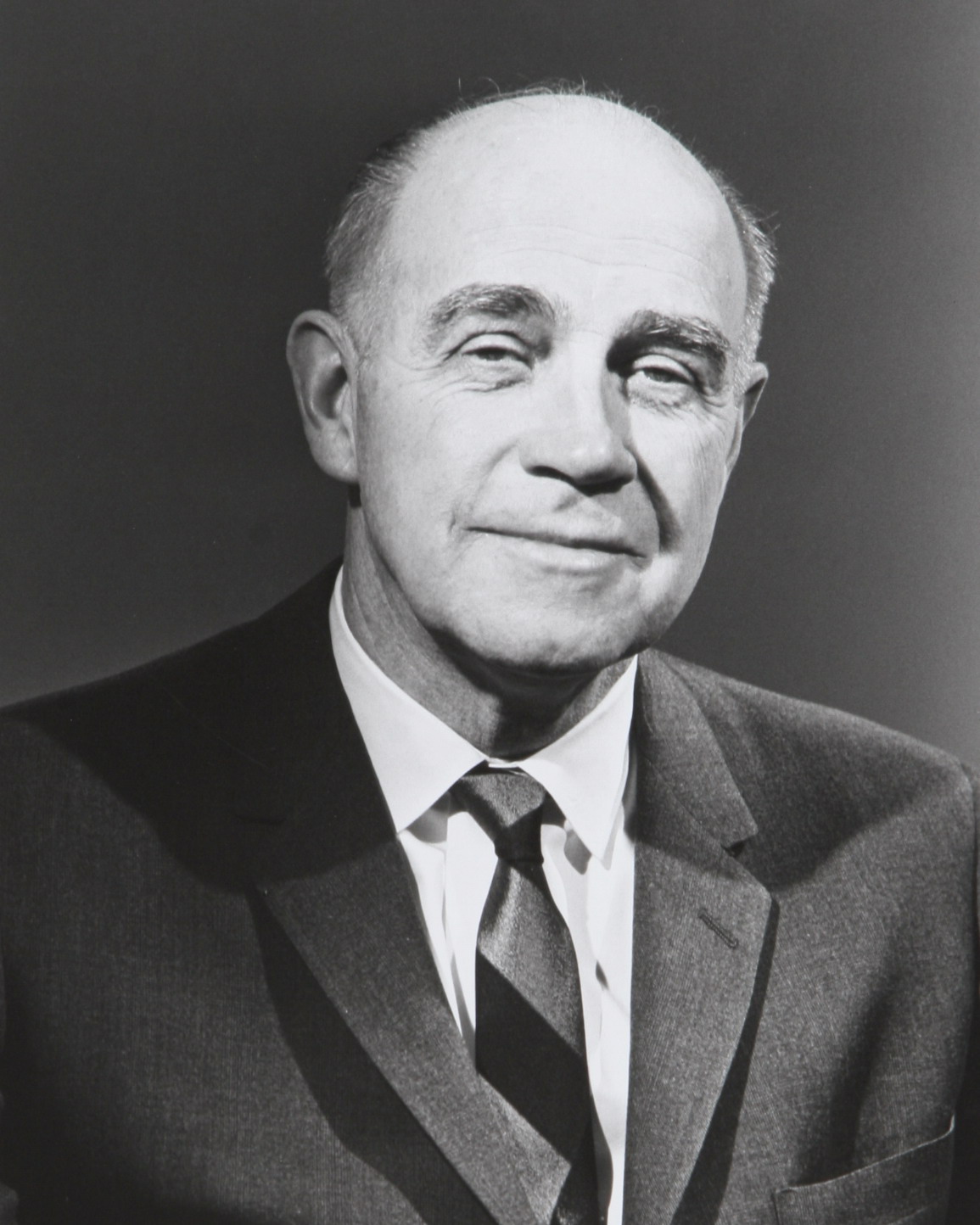
William E. Stirton
Director (October 1958 – August 1968)
1903-1983
William E. Stirton, who earned a bachelor’s degree in electrical engineering and master’s degree in physics and mathematics, both from University of Michigan, returned to his alma mater as a vice president in 1956. He came from Wayne State University, where he served as an assistant to the president and director of community relations, then vice president for university services and development. He was appointed director of the newly created University of Michigan Dearborn Center, effective October 1, 1958, and welcomed its first classes of students in September 1959. Stirton continued to serve as a vice president of U-M Ann Arbor during this time. He served as director of the Dearborn Center until his retirement in August 1968.
The Stirton Professorship was established in 1977 "as a tribute to a distinguished educator and administrator who was an inspiration to students and faculty while at UM-Dearborn," according to the Regents memo on the appointment.
Interesting fact about Stirton: Historical documents describe Stirton as uniquely qualified to serve as director of the Dearborn Center, since he was in a position to smooth over many intra-university problems during the founding of the campus. In addition to his knowledge of university systems, Stirton also was well acquainted with the Detroit area business and industrial community. He was completely committed to the cooperative education emphasis of the new campus and was indefatigable in setting forth the rational and advantages of the university’s making such a program available in the Detroit area. In the early 1960s, when actual enrollments were lower than projected, some administrators in Ann Arbor began to suggest closing the Dearborn Center. Stirton was a staunch defender of the campus and pointed out the need for increased central university support to allow for the development of much-needed facilities and programming.
